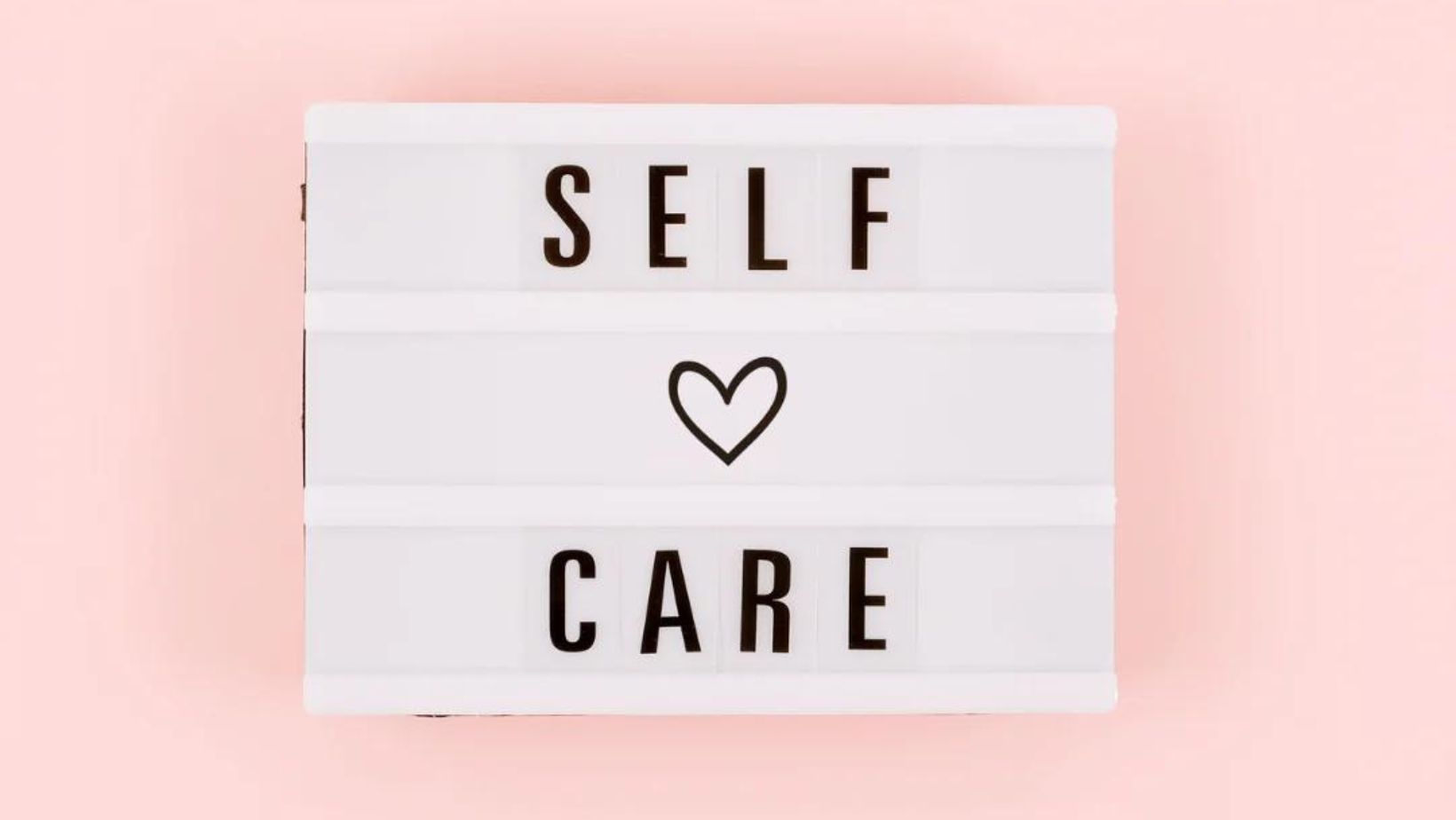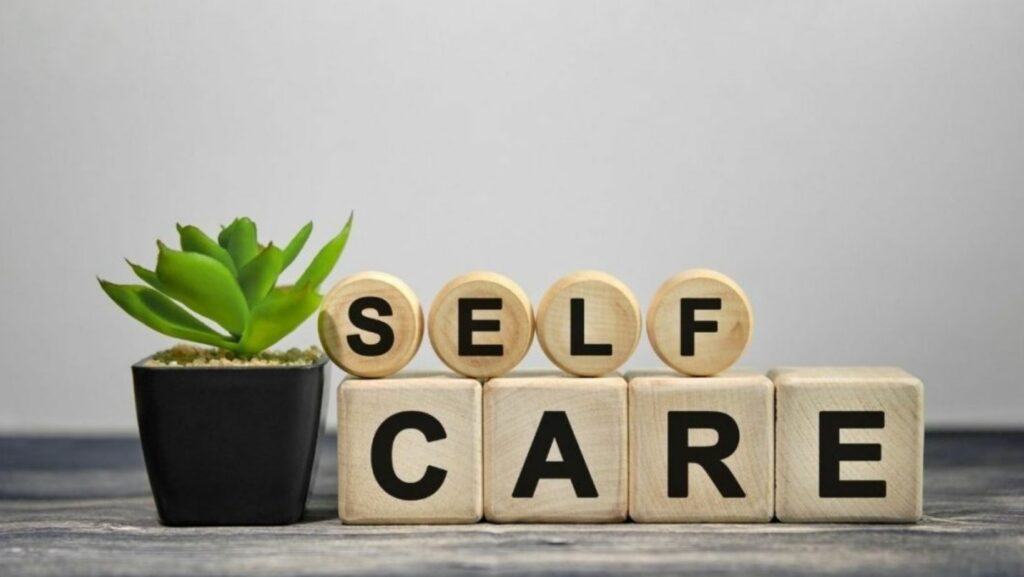How to Practice Selfcare
As we delve into the realm of how to practice selfcare, it becomes evident that nurturing oneself is not just a luxury but a necessity in today’s fast-paced world. The concept of self-care encompasses various practices and habits that promote mental, emotional, and physical well-being. It’s about carving out time to prioritize our own needs and recharge our body and mind.

In the midst of hectic schedules and constant demands, practicing how to practice selfcare can often take a backseat. However, neglecting self-care can lead to burnout, increased stress levels, and overall deterioration of health. By incorporating simple yet effective self-care routines into our daily lives, we can cultivate resilience and enhance our quality of life.
From mindfulness exercises to indulging in hobbies we love, there are numerous ways to practice self-care. Whether it’s taking a leisurely walk in nature, enjoying a warm bath, or simply unplugging from technology for a while – each act of self-care contributes to restoring balance and fostering a sense of inner peace. Remember, investing in your well-being is an investment in a healthier, happier YOU!
Understanding Self-Care
Self-care is ESSENTIAL for maintaining a healthy MIND and BODY. It’s NOT just about pampering oneself; it encompasses a range of practices that NOURISH our overall WELL-BEING. Understanding SELF-CARE involves recognizing the importance of setting aside time to focus on ourselves amidst life’s demands.

Importance of Self-Care
- Self-care is NOT selfish; it’s NECESSARY for SUSTAINING long-term WELLNESS.
- By PRIORITIZING self-care, we RECHARGE our ENERGY levels and IMPROVE our mental clarity.
- Neglecting self-care can LEAD to BURNOUT, impacting both our PHYSICAL and EMOTIONAL health.
Components of Self-Care
- SELF-CARE includes activities such as EXERCISE, MEDITATION, spending time in NATURE, or engaging in HOBBIES.
- It’s about LISTENING to our bodies and minds’ NEEDS and RESPONDING with COMPASSION.
- Each individual may have UNIQUE ways of practicing self-care based on their PREFERENCES and LIFESTYLE.
Benefits of Practicing Self-Care
- Regular self-care ROUTINES can REDUCE stress levels and ENHANCE resilience.
- Investing in self-care helps us MAINTAIN a positive OUTLOOK on life despite challenges.
- Incorporating self-care habits into DAILY routines promotes overall BALANCE and WELLNESS.
Understanding self-care is CRUCIAL for cultivating a HEALTHY lifestyle. By PRIORITIZING SELF-CARE, we not only BENEFIT ourselves but also those around us by showing up as the BEST version of ourselves. Remember, taking care of YOURSELF is not a LUXURY but a NECESSITY for leading a FULFILLED life.
Identifying Your Self-Care Needs
When embarking on the journey of self-care, it’s imperative to start by IDENTIFYING YOUR SELF-CARE NEEDS. This foundational step lays the groundwork for creating a personalized self-care plan tailored to your unique requirements. Here are some strategies to help you pinpoint what areas of self-care need your attention:

- Self-Reflection: Take time to reflect on your daily routines, emotions, and overall well-being. Ask yourself questions like “What activities make me feel most at peace?” or “When do I feel drained or overwhelmed?” This introspection can reveal patterns and highlight areas where you may need more care.
- Mindfulness Practices: Engage in mindfulness practices such as meditation or journaling to tune into your thoughts and feelings. These practices can bring clarity to your inner world, helping you recognize stress triggers or moments when you require nurturing.
- Physical Cues: Listen to your body for physical cues that indicate unmet needs. Are you experiencing frequent headaches, fatigue, or muscle tension? These symptoms could signal the need for rest, exercise, proper nutrition, or relaxation activities.
- Emotional Check-ins: Regularly check in with your emotions and mood fluctuations. Note any persistent feelings of anxiety, sadness, or irritability as they may signify areas where emotional self-care is essential.
By honing in on these aspects through reflection, mindfulness practices, attending to physical cues, and emotional check-ins, YOU CAN GAIN INSIGHT INTO THE SPECIFIC AREAS OF YOUR LIFE THAT REQUIRE NOURISHMENT AND ATTENTION TO FOSTER A HEALTHY SELF-CARE ROUTINE.
Remember that self-care is a continuous process of learning about yourself and adapting practices that support your holistic well-being. Stay attuned to your changing needs over time and be open to exploring new avenues of self-nurturing as part of this ongoing journey towards optimal self-care fulfillment.

